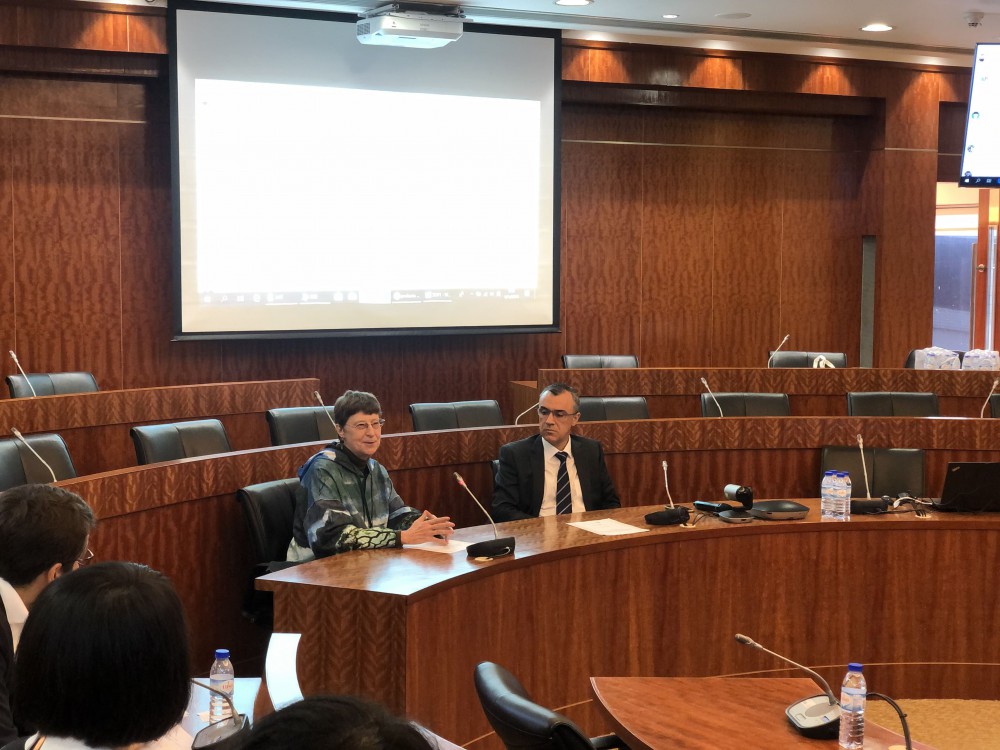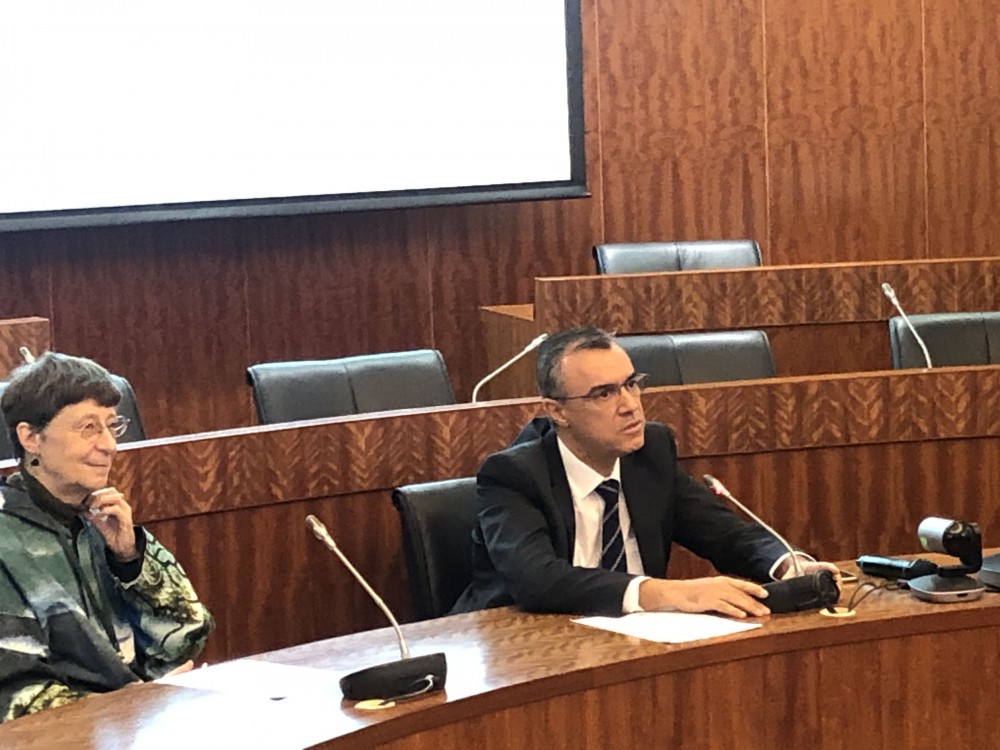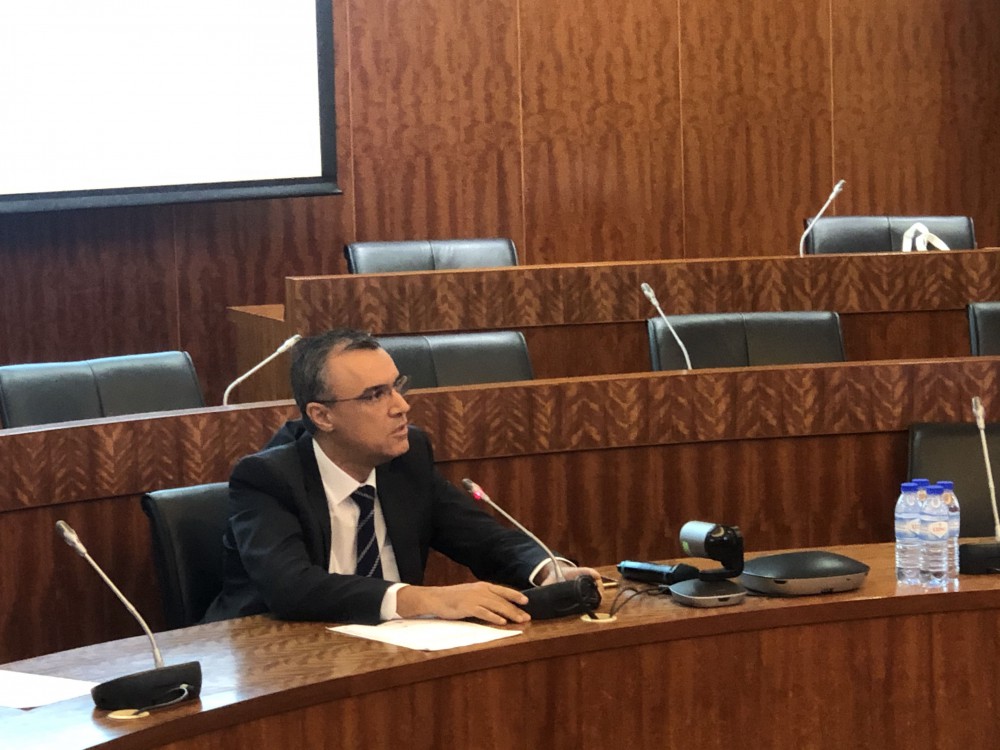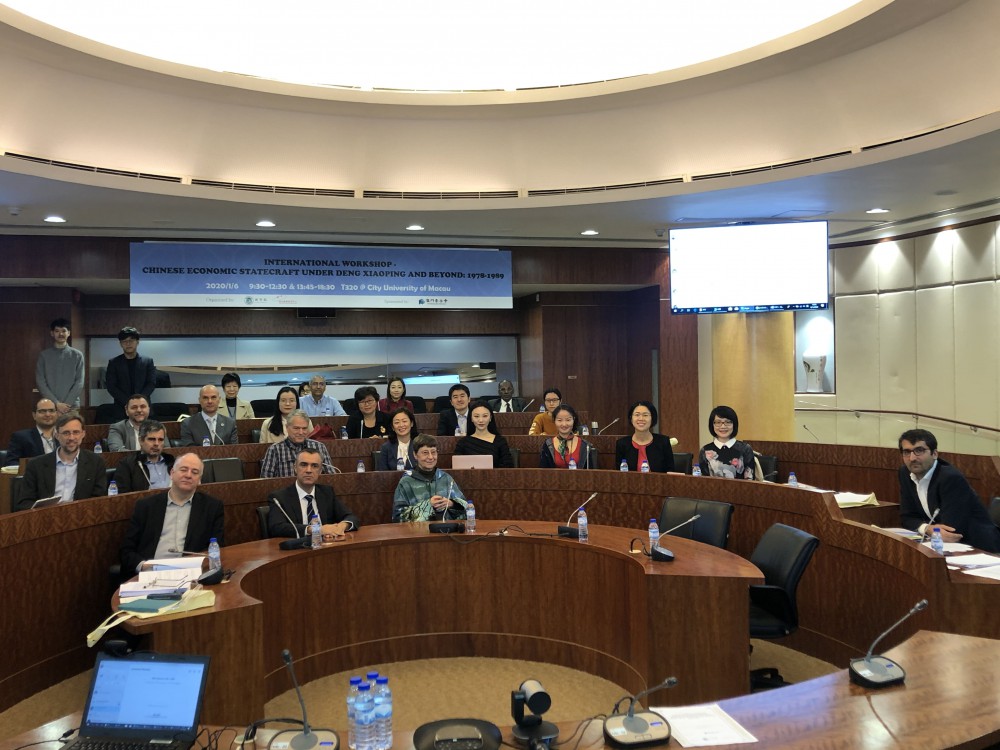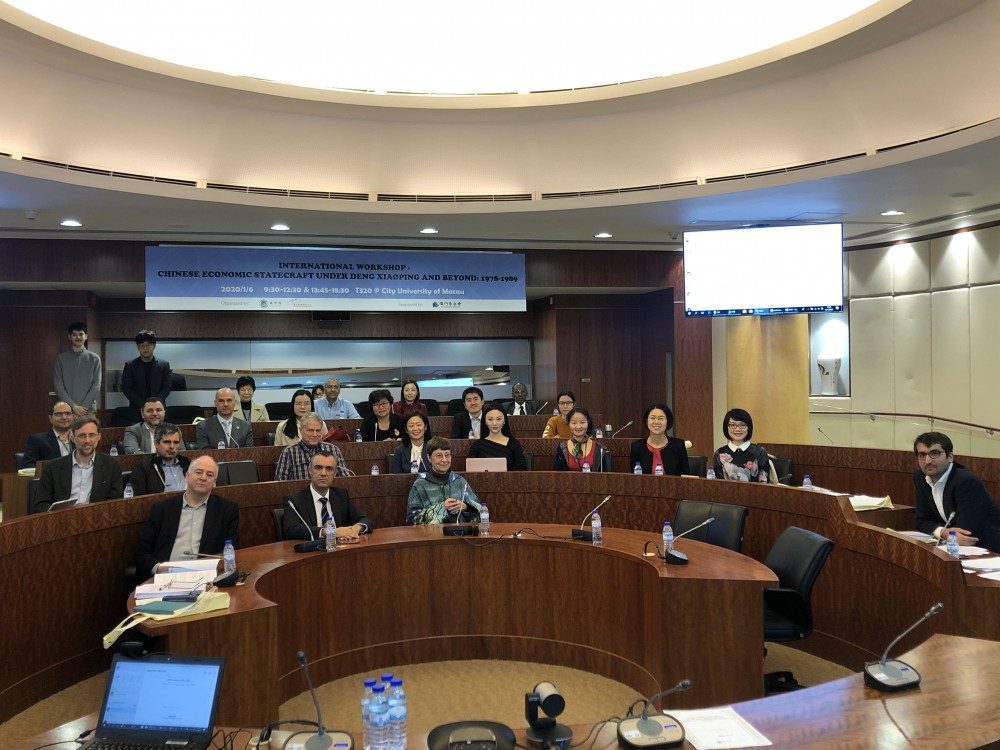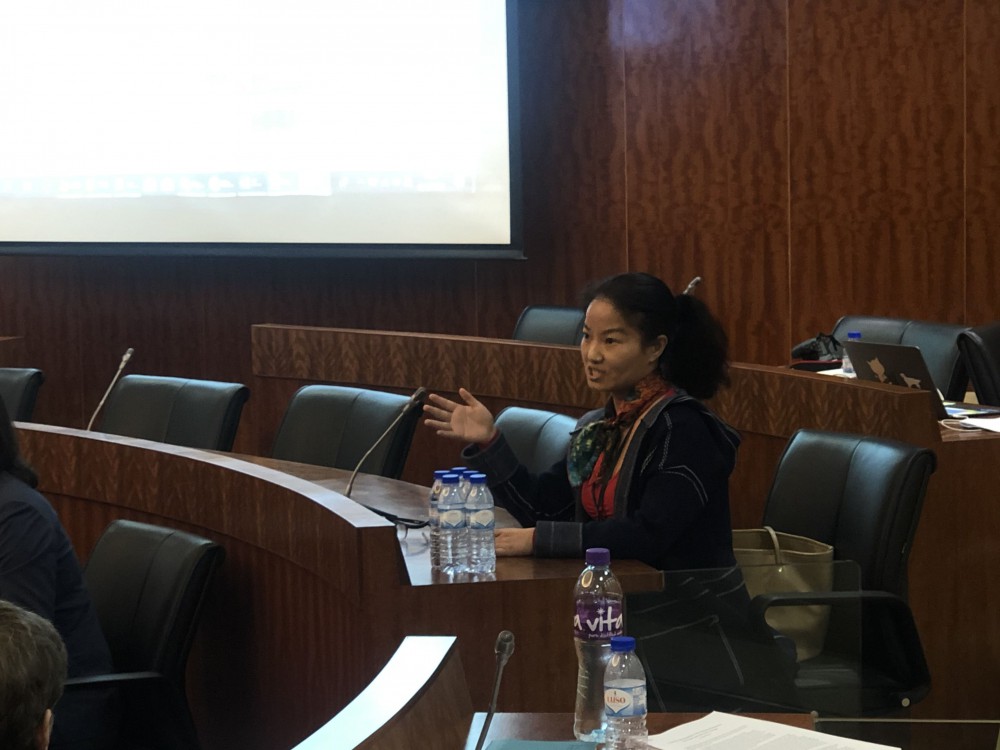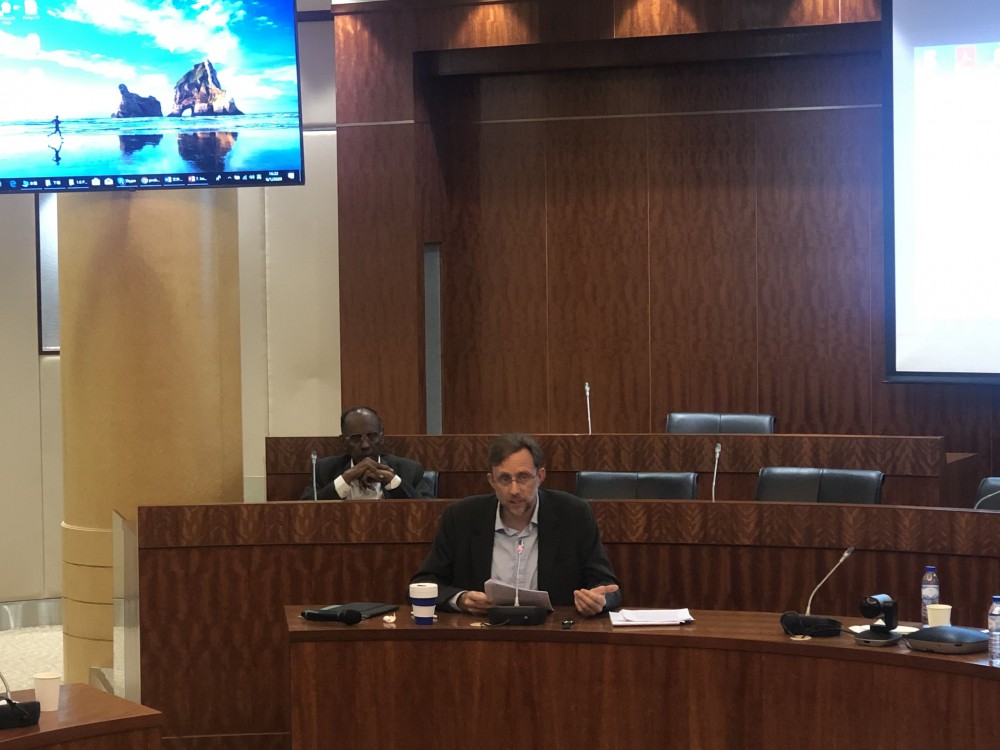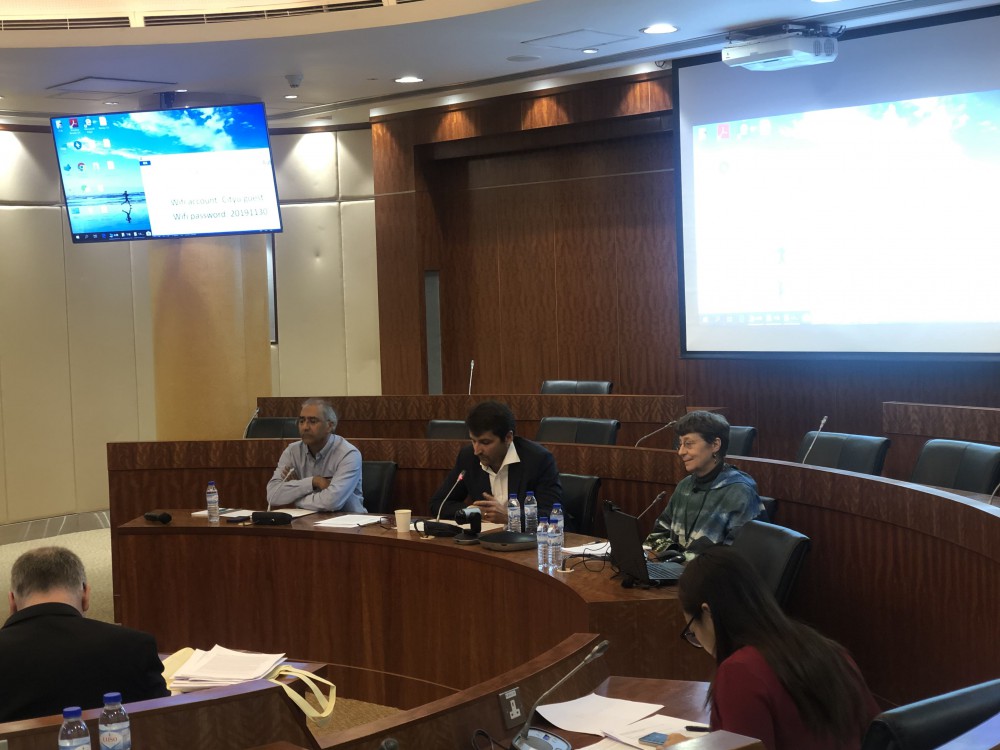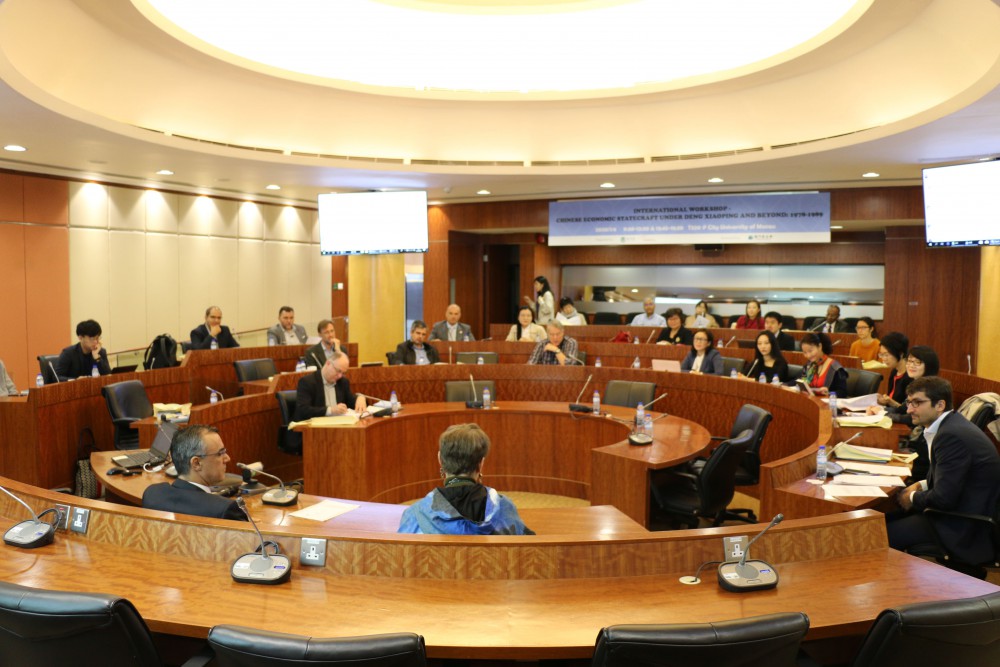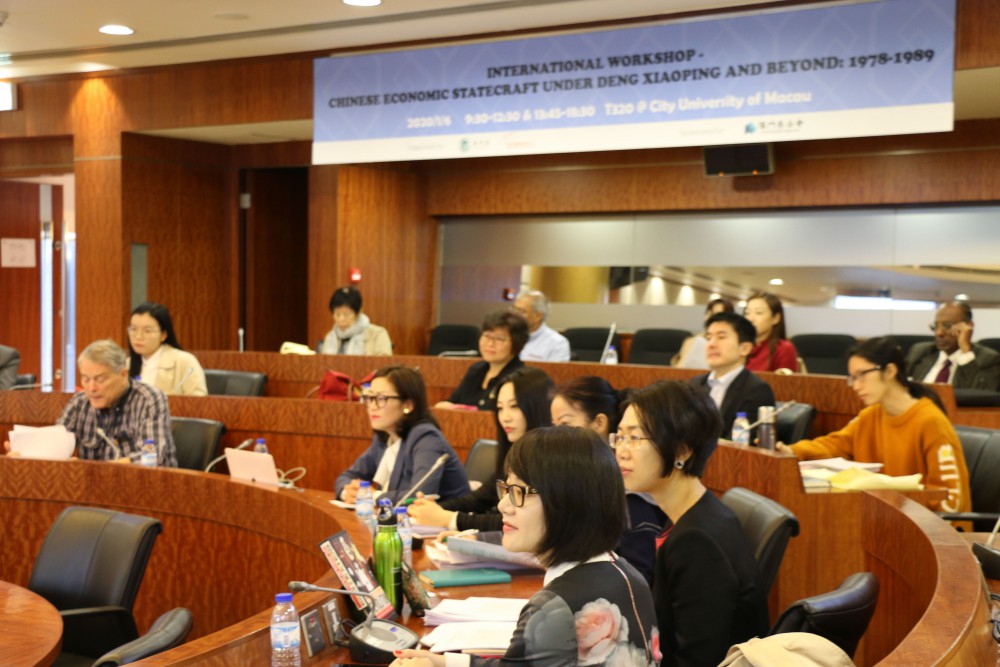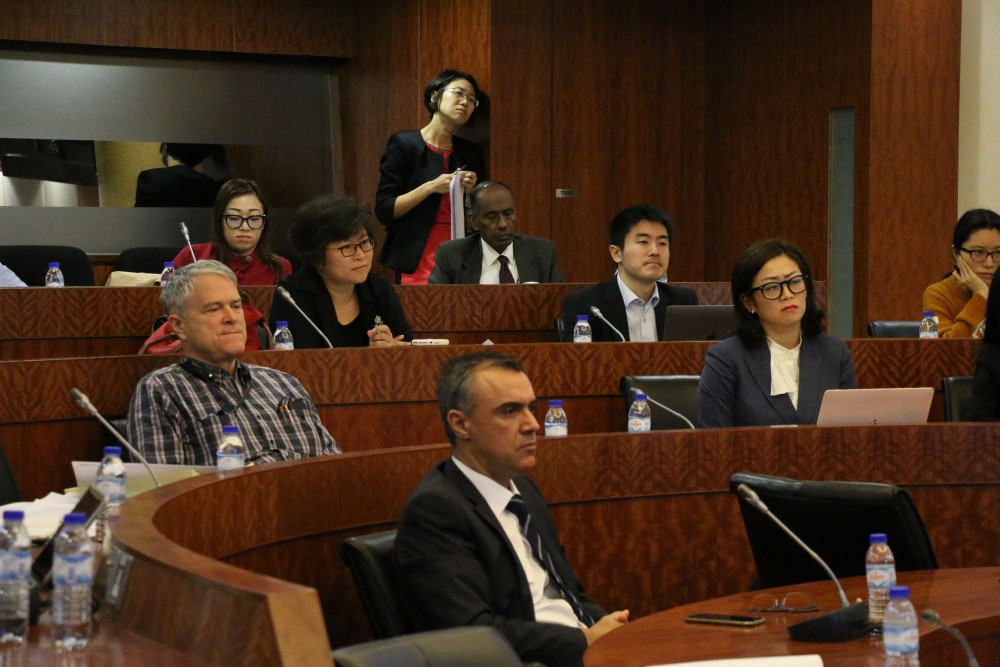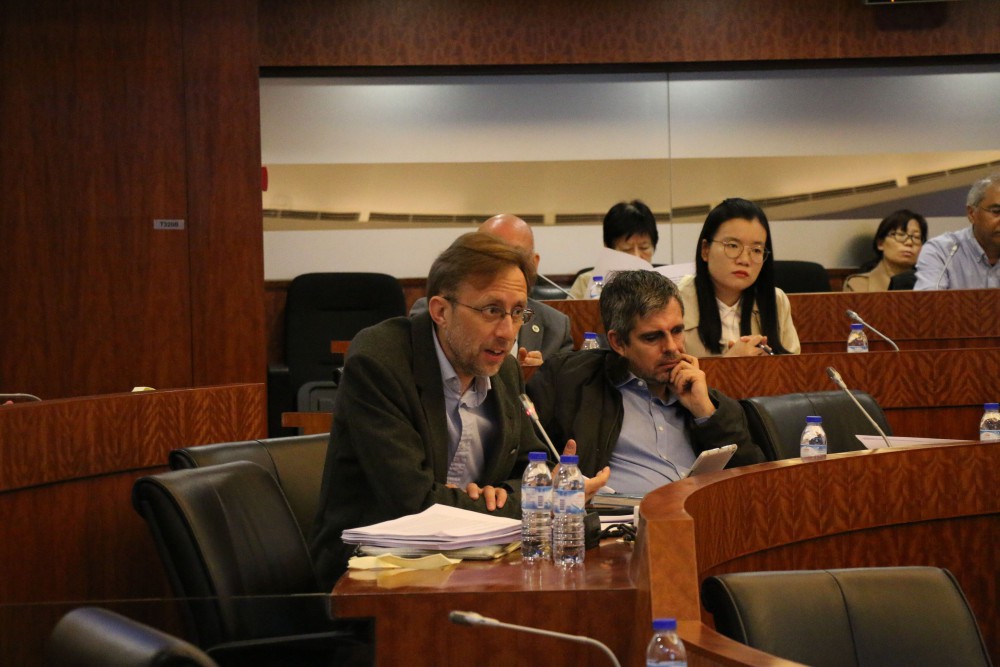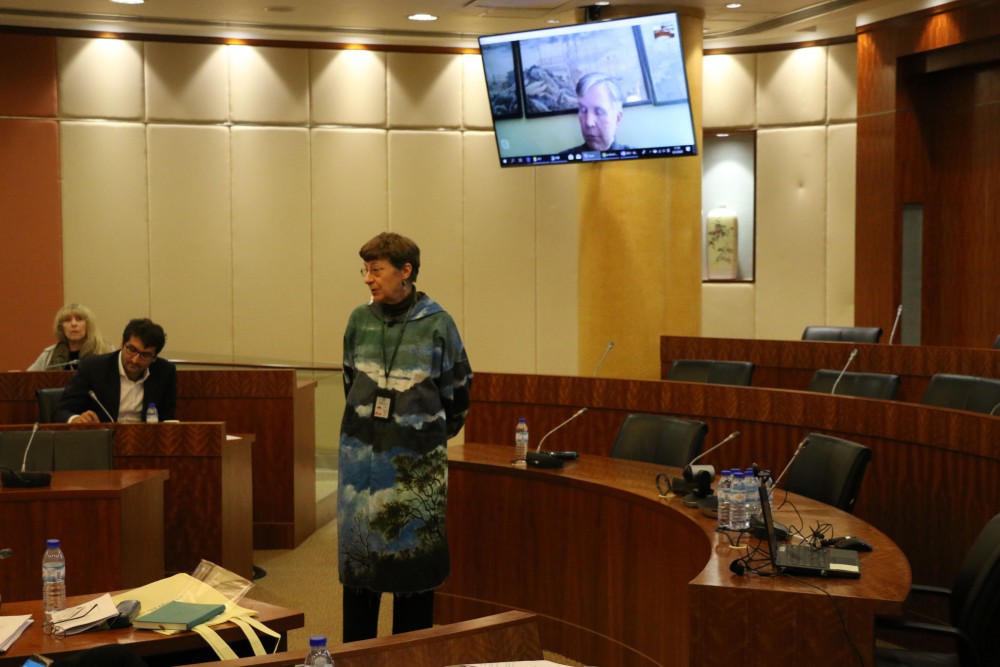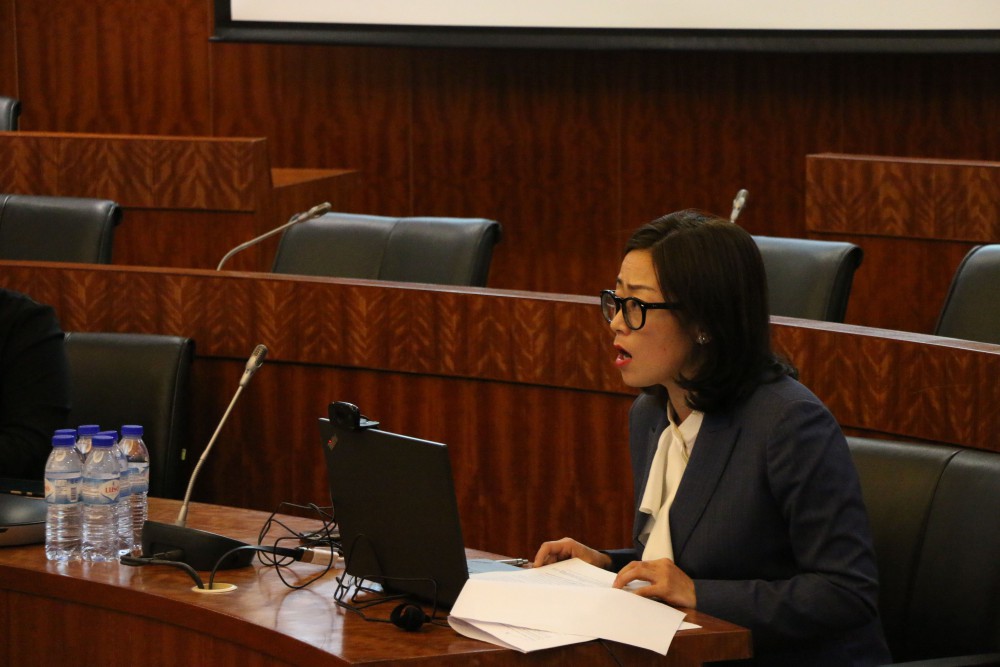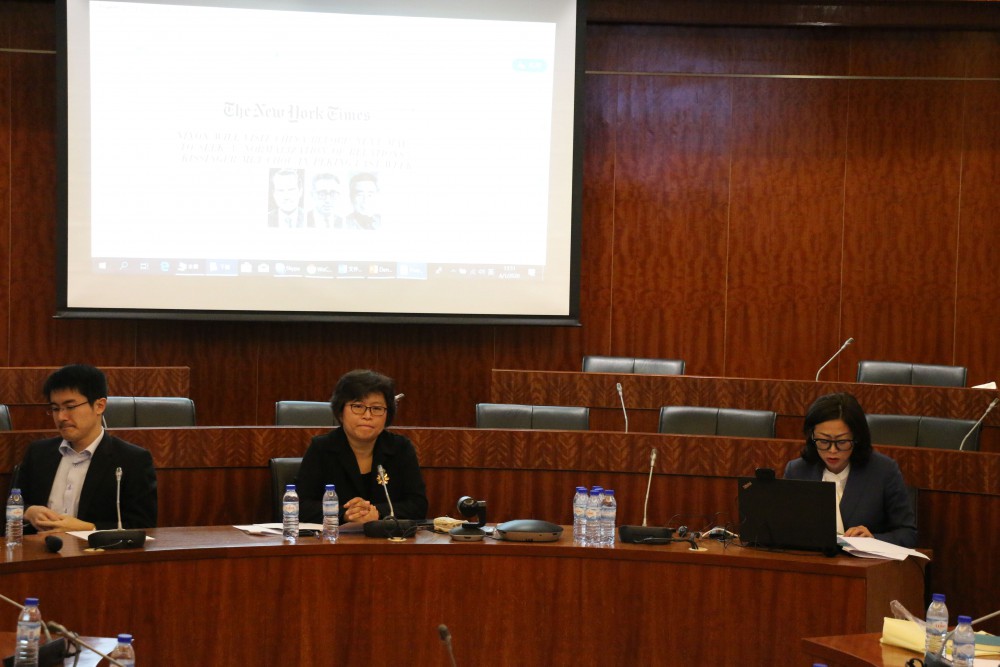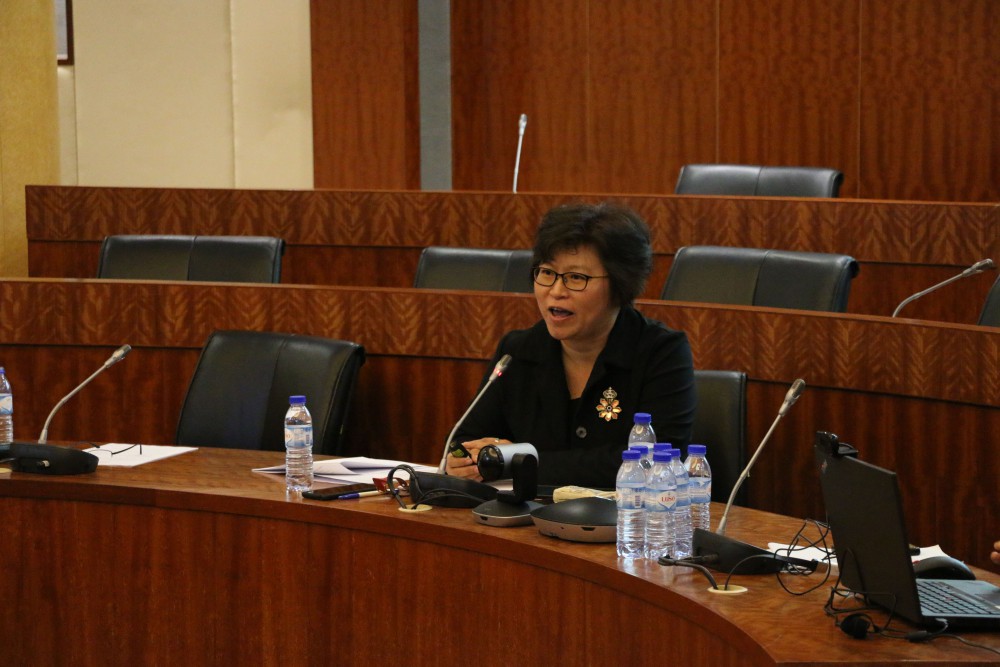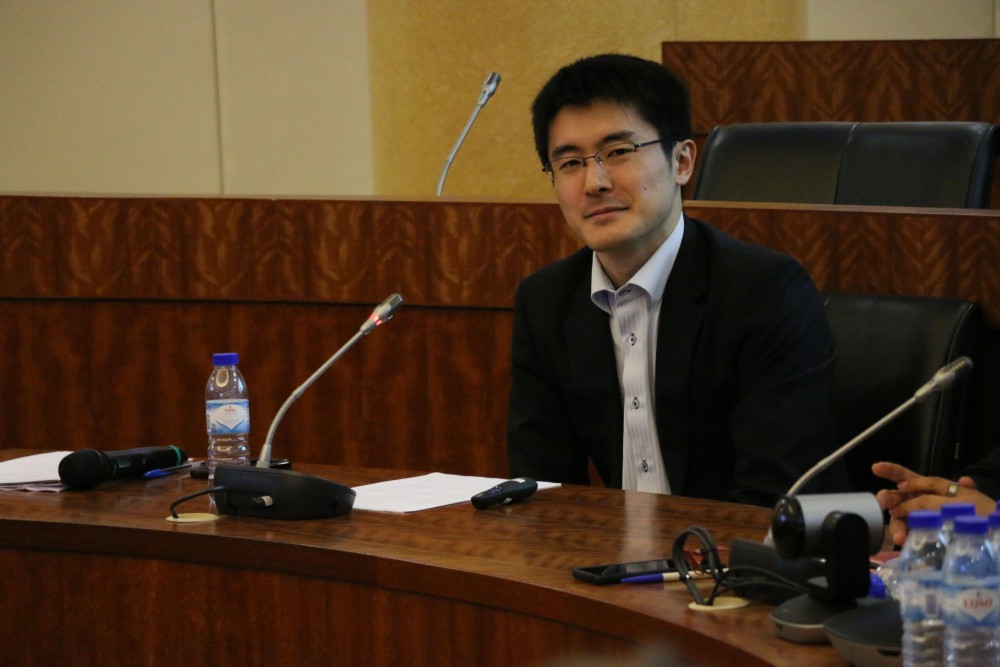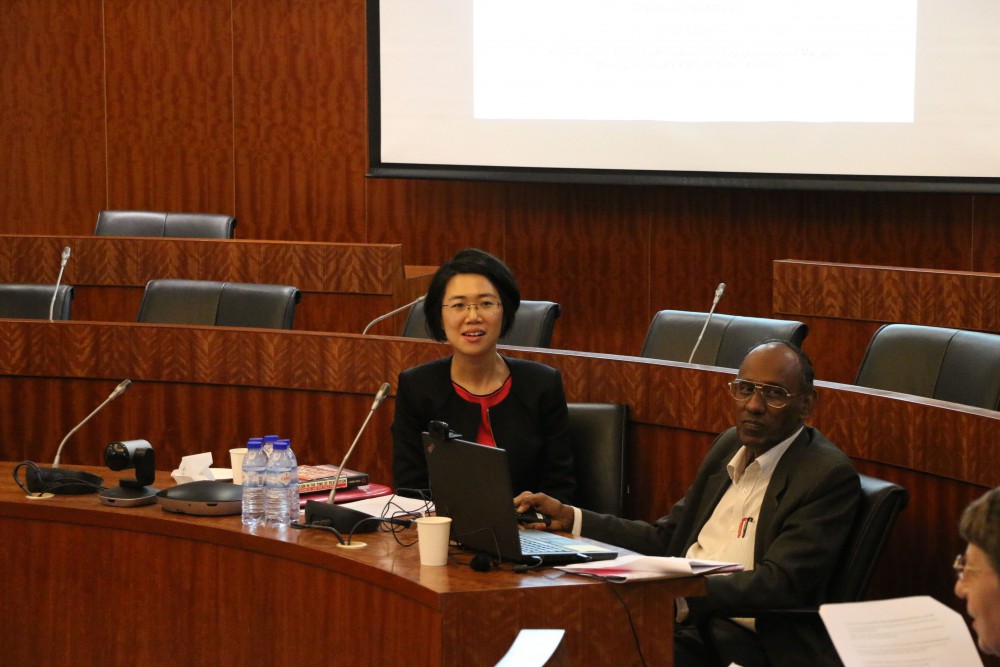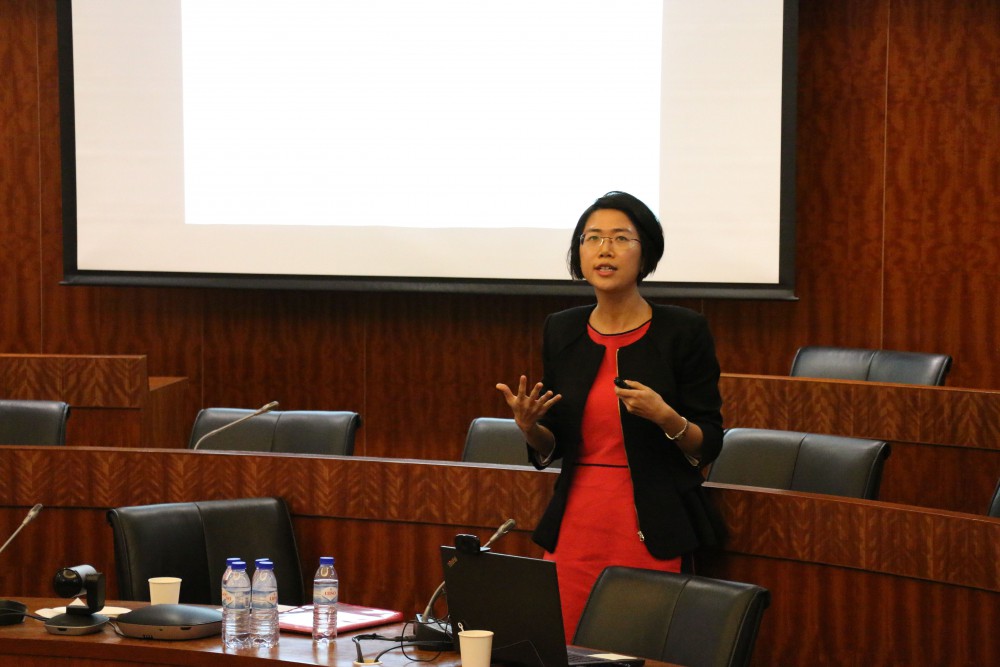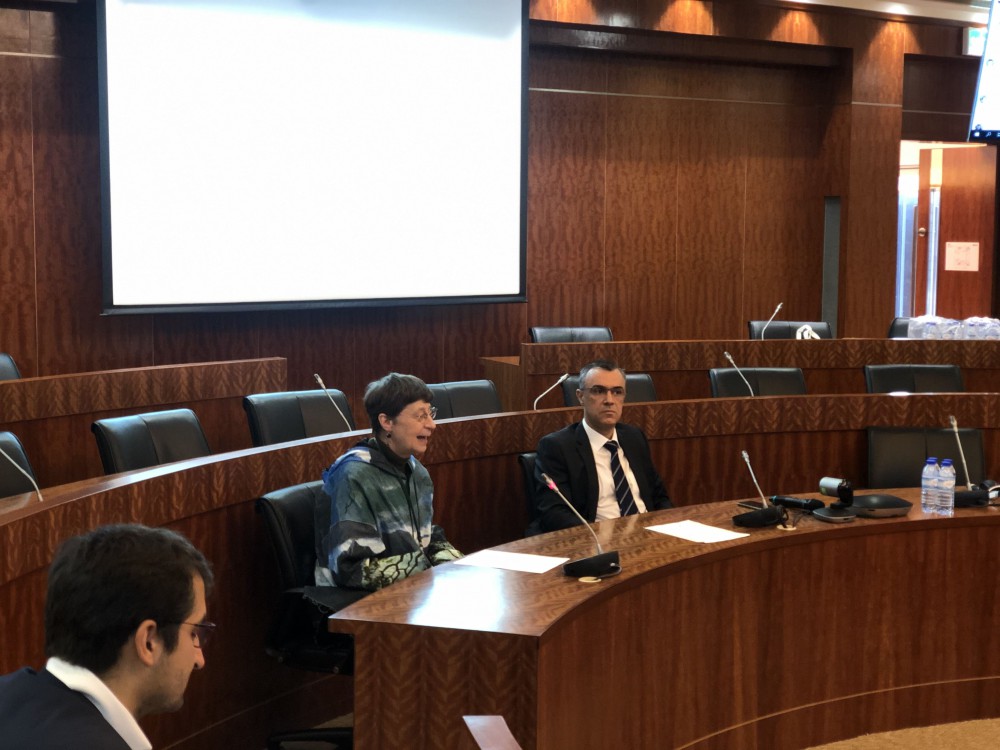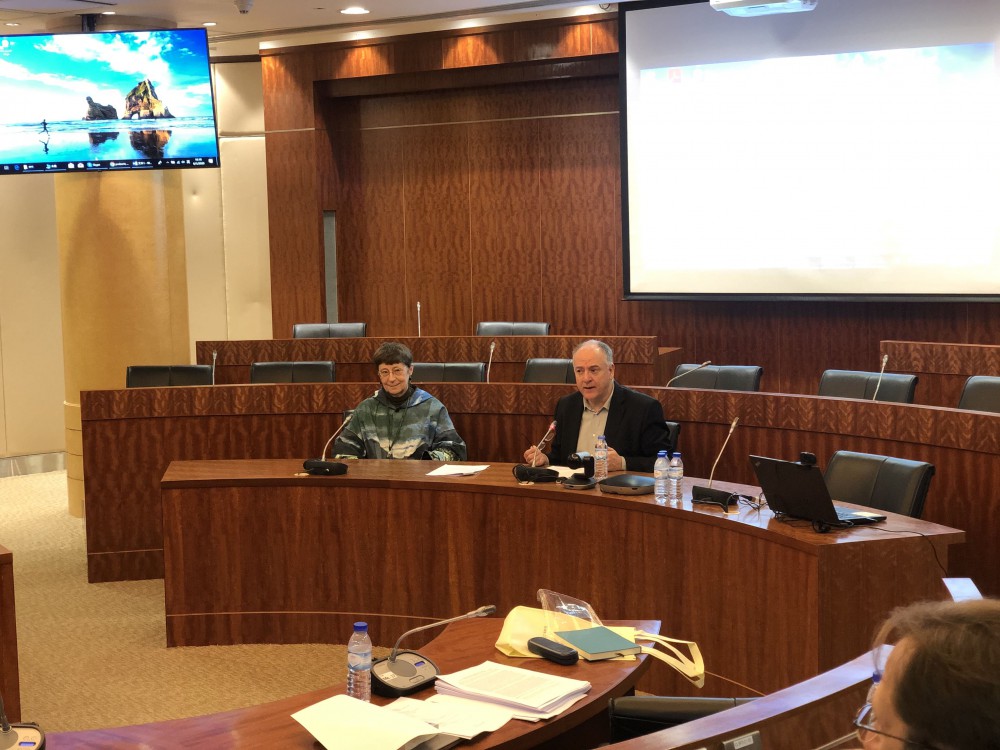City University of Macau began the 2020s by hosting with an international workshop, Chinese Economic Statecraft under Deng Xiaoping and Beyond: 1978-1989. This meeting took place on Monday, January 6, 2020.
An outstanding international group of scholars drawn from Macao, Hong Kong, Shenzhen, Zhuhai, Taiwan, Japan, Singapore, Maaysia, Czechoslovakia, Great Britain, the United States, and Australia presented papers that explored numerous aspects of this decade, during which the foundations of China’s current economic policies were laid. A keynote address by Prof. Kerry Brown of King’s College, London, focused upon issues of continuity in the PRC’s economic policies, arguing that 1978 by no means represented a complete break with past objectives and strategies.
Prof. Lawrence “Chris” Reardon of the University of New Hampshire, who studied in China during the 1980s, took part in the meeting by Skype from Washington, DC, speaking on “Experimenting with a Chinese-style Third Way.” He highlighted the influence of Yugoslavia and also described how Deng’s predecessor Hua Guofeng helped to pioneer economic reform. We also heard by long-distance from Mukete Beyongo of Australian National University in Canberra, who gave a presentation on Australian relations with China during the 1980s.
Those present in person discussed a wide range of subjects, including Deng Xiaoping’s personal contributions and vision; China’s oil policies; the impact of Deng’s reforms on Chinese relations with ASEAN; the role of the PLA Engineering Corps in Shenzhen; how Hong Kong’s new airport featured in Chinese economic statecraft; Czech and East European influences upon Chinese economic policies; the contributions of the Ford Foundation to Chinese economic thinking in the 1980s and beyond; and the role of the “China cluster” of US think tanks and other non-governmental organizations in mediating and managing Chinese relations with the United States and high-level international bodies.
Prominent academics, students, and others from City University of Macau, St. Joseph’s University, the Macao Polytechnic Institute, and the University of Macau attended this event. Some were even able to draw on their personal memories of these years, when they had taken part in exchanges organized by some of the groups discussed at the workshop.
The organizers intend that this will be the first of a series of workshops that will explore Chinese economic statecraft since the late 1970s on a decade-by-decade basis. For each decade, they expect to produce an edited volume.
The organizers are extremely grateful for the support provided by the Macau Foundation and the Faculty of Business of City University of Macau. The event would have been impossible without the assistance of the administrative staff of the Faculty of Business, especially the tireless Miss Katherine Chan; the Finance Office and the Information Technology Office of City University of Macau; and our student assistants, Mr. Oliver Liang Zixu and Mr. Thomas Sayers.

